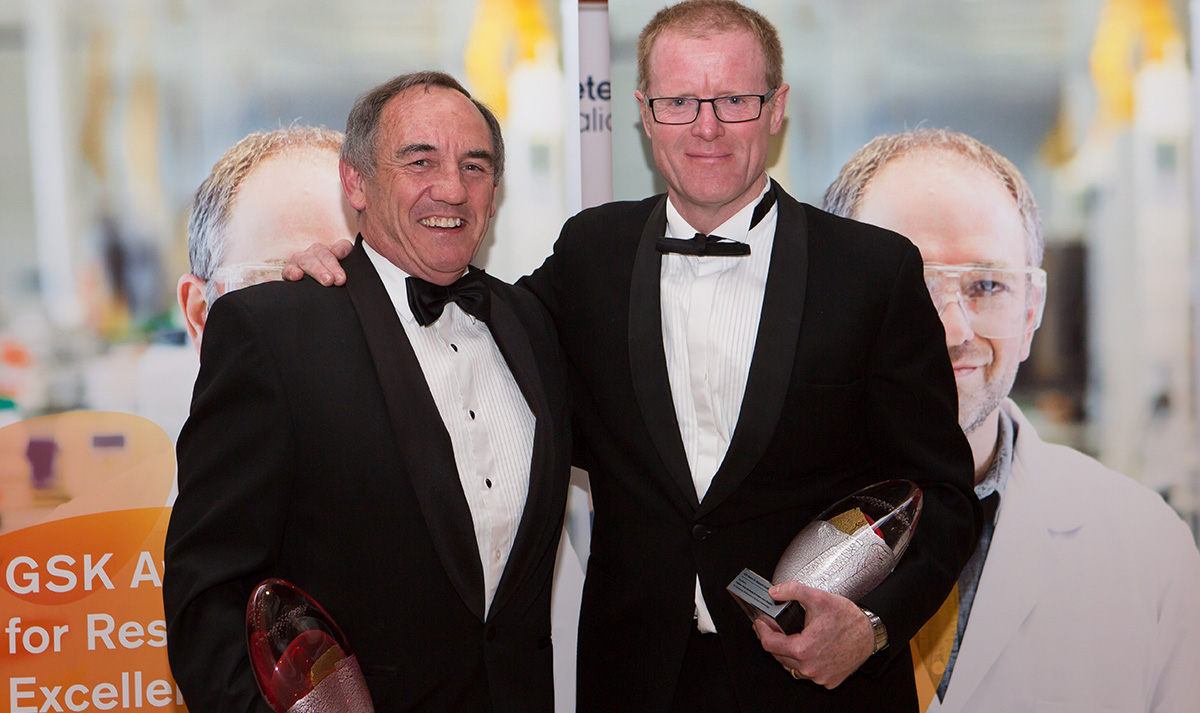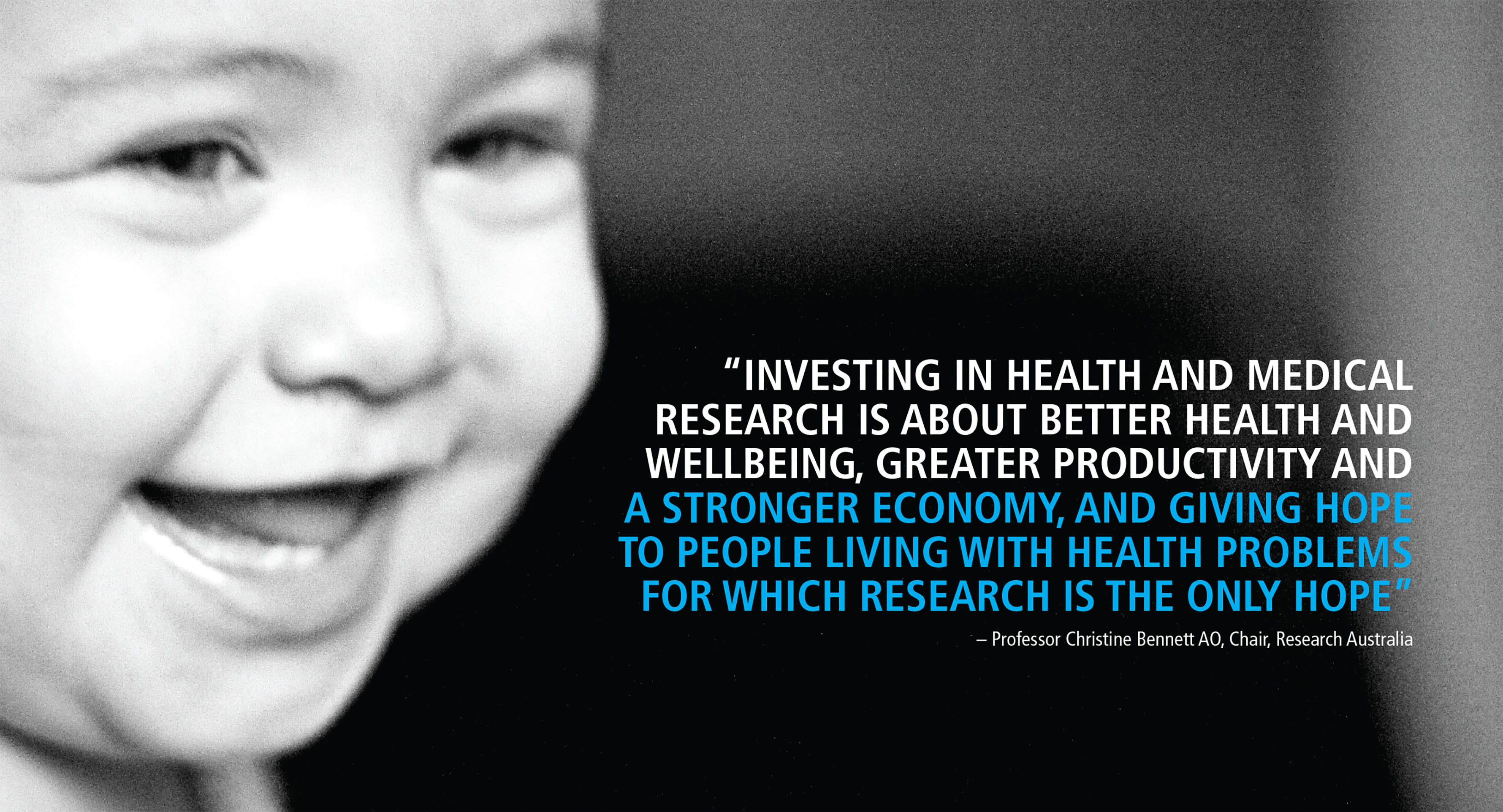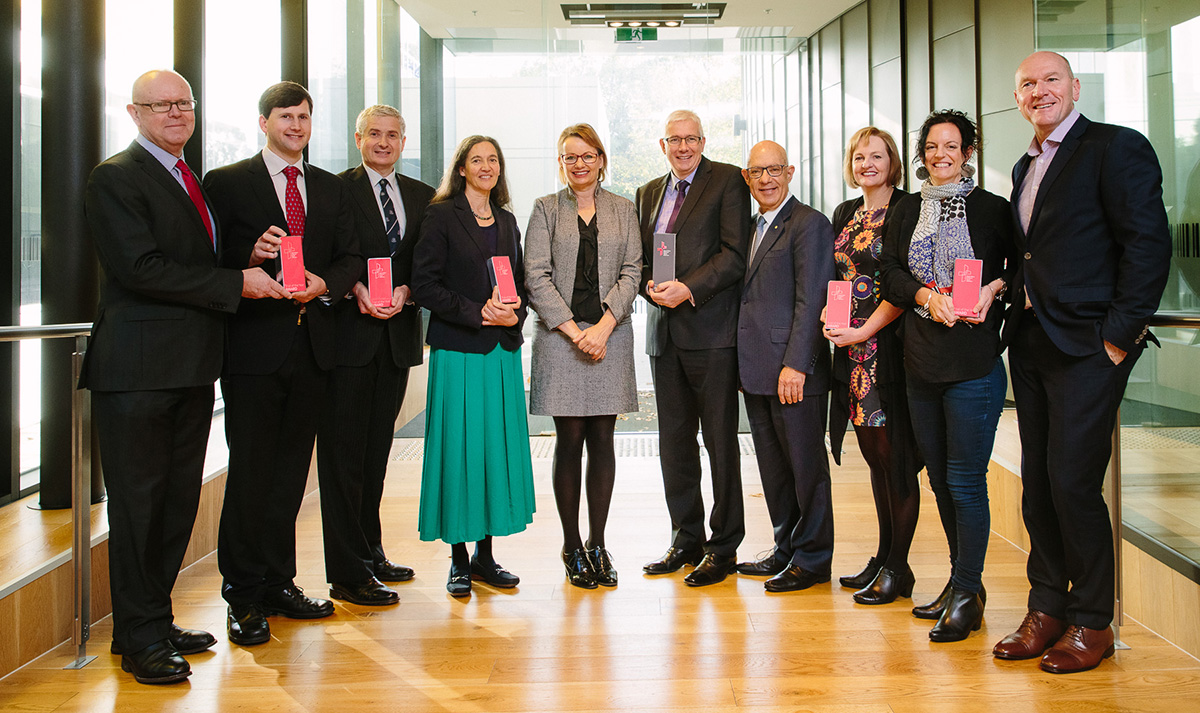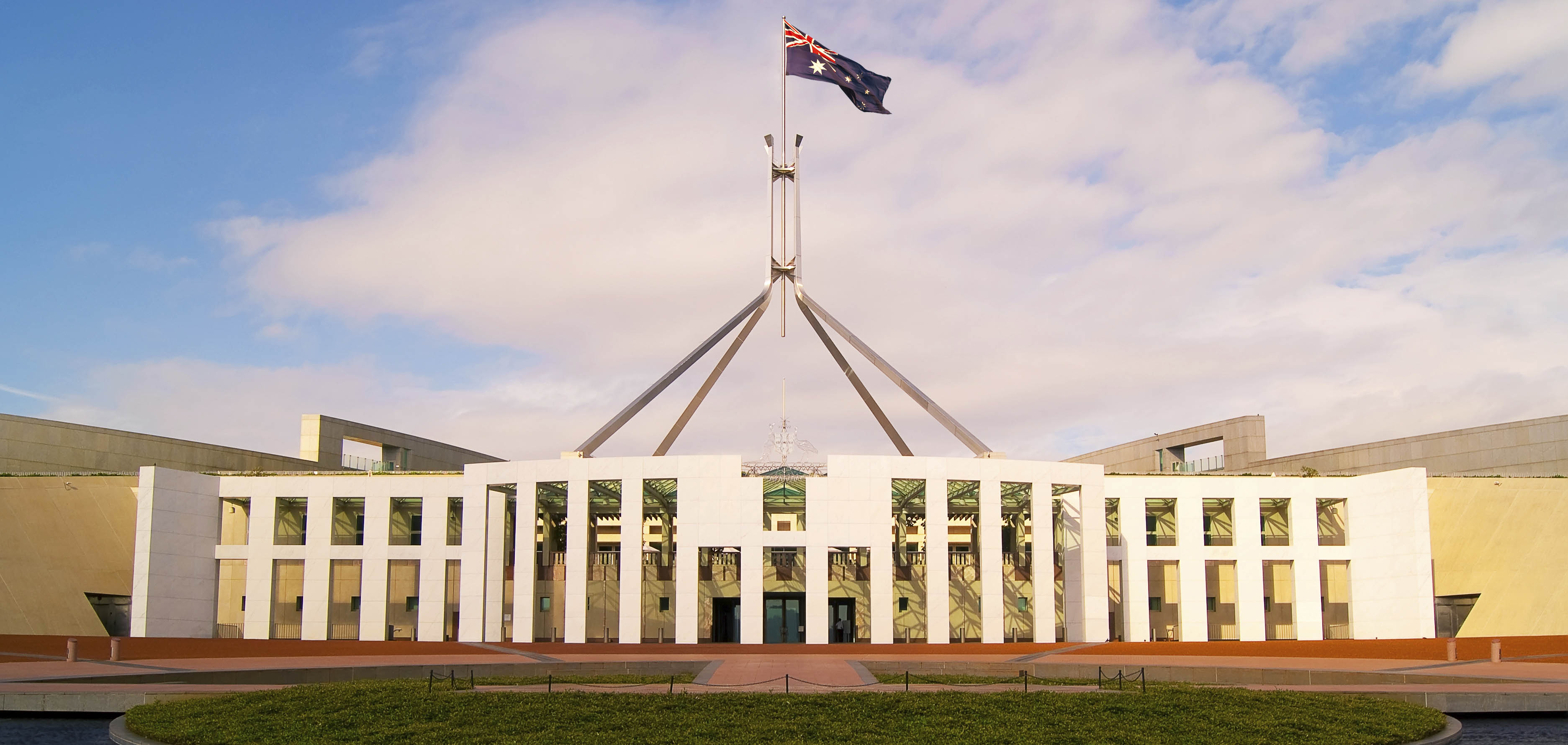36th year of prestigious $80,000 research grant
Nominations for GSK’s Award for Research Excellence (ARE) are now open until 4 July. The longstanding award seeks to assist Australian research heroes by providing the winner with an $80,000 grant to support their research journey.
The GSK Award for Research Excellence is one of the most prestigious available to the Australian medical research community. It has been awarded since 1980 to recognise outstanding achievements in medical research and facilities career development with potential importance to human health and Australian research.
Continue reading “GSK Award for Research Excellence open for nominations”








